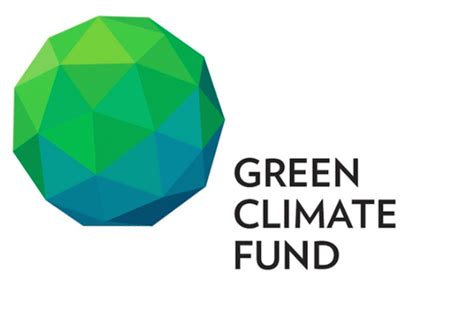Learn About
National Adaptation Plan
Introduction
In order to address vulnerabilities to climate change that Lesotho is faced with, the Government of
Lesotho through the Ministry of Defence, National Security and Environment under the Lesotho
Meteorological Services (LMS) is implementing a three-year project titled “Strengthening Lesotho’s
capacity to advance the National Adaptation Planning process (NAP)”. The three-year NAP project
was approved in June 2020 by the Green Climate Fund (GCF) under the Readiness and Preparatory
Support Programme Proposal. The United Nations Environment Programme (UNEP) is the Delivery
Partner (DP) supporting the Ministry of Defence, National Security and Environment in the
implementation of this NAP project in accordance with its Framework Agreement with the GCF and
will the role of supporting and overseeing the project implementation and providing technical
support. The NAP intends to build on the NAPA, the National Climate Change Policy and the other
plans and strategies by assessing opportunities for implementing medium- and long-term climate
change adaptation actions.
A Stakeholder Capacity Development Needs Assessment in Climate Change Adaptation was conducted in 2011. Its purpose was to to identify priority capacity needs for climate change adaptation in Lesotho. The assessment aimed to facilitate implementation of capacity development and training needs in the various stakeholder sectors, all geared toward addressing the effects of climate change in the country. Among the key findings, it underscored the necessity of addressing deficiencies in policies, institutions, and legislation.
Project Objective
The main objective of the proposed project is to enhance Lesotho’s national response to the threats of climate change at the national and local levels by strengthening the technical, institutional and financial capacity of the country.
Outcomes
Outcomes | Targets |
| 1.1 Clear mandate for the coordinating body of the NAP process and strengthened capacity for this group and national and local decisionmakers to formulate and implement the NAP process in a participatory and gender-equitable manner 1.2 Participatory, crosssectoral and gender-equitable NAP working processes in place and a roadmap for the NAP established. 1.3 Awareness of, and access to, climate information increased in Lesotho through improved storage and dissemination of climate change information and NAP updates 1.4 Relevant stakeholders have access to all training programmes developed during and for the NAP process, thereby strengthening institutional and technical capacity |
| 2.1 Access to and understanding of climate scenarios and climate change risks at district level increased, and ability to generate climate information for the NAP process and for future project development increased. 2.2 Access increased for district- and national-level planners to information about alternative adaptation strategies and their costs and benefits to inform the development of the NAP. |
| 3.1 Systematic mainstreaming of climate change adaptation into development policies, strategies and plans, as well as associated budgets, is taking place across sectors and government levels. |
| 4.1 Additional climate finance is leveraged through private sector engagement and the development of a comprehensive finance strategy |
| 5.1 A monitoring and reporting framework to monitor and report on the effectiveness of the NAP process is established and used by relevant institutions to generate lessons learned. 5.2 Lessons learned from implementing the NAP process are shared with all relevant stakeholders and used to inform the next iteration of the process |
- Contacts +266 53791245
- Mr Neo Mosito: Project Manager
- Lesotho Meteorological Services
- neo.mosito@gov.ls




